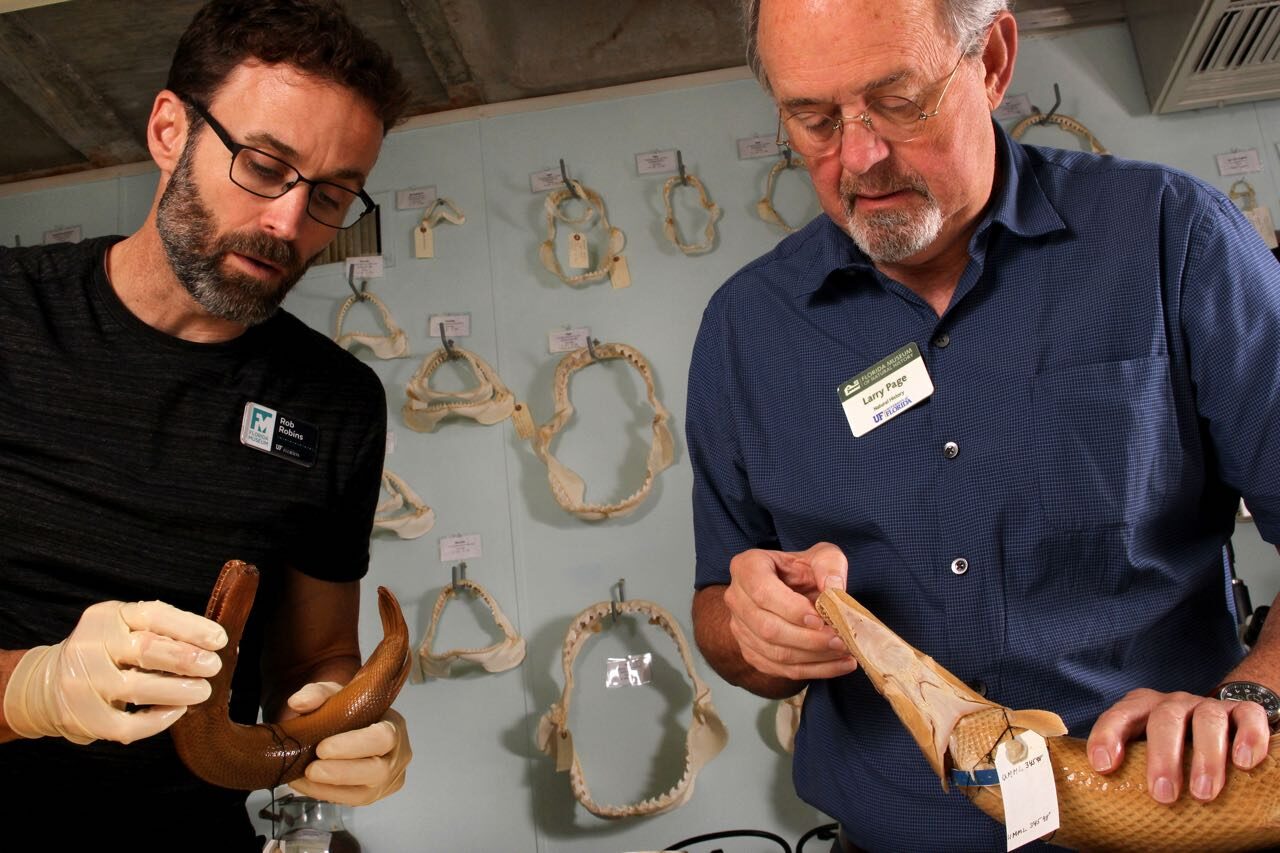As government offices and research facilities across the country remain shuttered and services delayed or interrupted, the partial government shutdown that has resulted in 800,000 federal workers being furloughed or forced to work without pay has accomplished one thing it has set a new record for how long the President and Congress have failed to govern the country.
The costs associated with the shutdown continue to grow. Beyond the pain inflicted on federal workers, contractors, and grantees, economists now estimate that the shutdown is having real and significant negative effects on Gross Domestic Product (GDP). Kevin Hassett, Chair of the White House Council of Economic Advisers, now estimates that the shutdown will reduce quarterly economic growth by 0.13 percentage point each week. Hassett doubled his forecast after initially underestimating the economic impact of the shutdown. To put things into perspective, the economic growth in the first quarter of 2018 was 2.2 percent. Other economists also predict losses in the first quarter of 2019, including New York Federal Reserve President John Williams, who thinks the shutdown could cut quarterly U.S. economic growth by 1 percentage point. In an interview earlier this week, Hassett conceded that 0.0 first quarter growth is a real possibility. There are also a growing number of warnings of a new recession.
Prior to and subsequent to the shutdown, Congress endeavored to pass appropriations to fund the government. Prior to the beginning of the 116th Congress in January, the House and Senate were poised to pass bipartisan appropriations legislation only to have the effort thwarted by the President who at the eleventh hour said he would veto the measure. Rather than passing the legislation and forcing the President to carry out his veto threat, Congress capitulated. Congressional Republicans allowed the government to shutdown to force a standoff between the President and congressional Democrats at the start of the 116th Congress a shutdown the President famously announced from the Oval Office that he would own. Upon taking control of the House of Representatives in January, Democrats approved appropriations legislation the measures previously unanimously approved by the Senate in December, only to have Senate Majority Leader McConnell (R-KY) refuse to bring the measure to a vote in the Senate. Senator McConnell is now working on legislation that would fund all agencies in exchange for $5.7 billion in border wall money and other immigration reforms, based on a proposal put forth by the President. The measure, however, includes poison pills ensuring that Democrats will not support the plan. House Speaker Nancy Pelosi (D-CA), however, dismissed the President’s proposal and insists that any negotiations on immigration and border legislation take place only after the government is funded and back to work.
The budget impasse is a threat to science, with shuttered federal agencies unable to award grants until they are funded again. Research conducted by a significant number of federal agencies has also come to a halt or is significantly limited. Currently, the shutdown directly affects the National Science Foundation, National Oceanic and Atmospheric Administration, National Aeronautics and Space Administration, National Institutes of Standards and Technology, National Institute of Food and Agriculture, Smithsonian Institution, State Department, Census Bureau, United States Geological Survey, U.S. Forest Service, U.S. Fish and Wildlife Service, Bureau of Land Management, Bureau of Reclamation, Environmental Protection Agency, and the Animal and Plant Health Inspection Service, among others.
Efforts to highlight the negative impacts on science have sprung up on social media, where stories are being shared at #ScienceNotShutdown and #ShutdownBugsMe (a tag presumably initiated by the Entomological Society of America). NSC Alliance members are encouraged to share your stories with NSC Alliance via these hashtags.
The scientific community is also increasingly warning of the long-term negative effects of the shutdown. On January 18, 2019, the American Institute of Biological Sciences issued a statement warning: “This shutdown is irresponsible and it is doing real harm to people, the economy, and science. It is past time to open the government. Political fights over a wall can be conducted without destroying the morale of public servants, threatening people’s well-being, and damaging the economy. It is reprehensible to demand that federal workers be called to work without pay simply to mask the real negative impacts of this failure to govern.”
On January 23, 2019, the Coalition for National Science Funding (CNSF) a large coalition of scientific societies and universities that advocates for the National Science Foundation sent a letter to the President and congressional leaders warning of the effects of the continuing shutdown. The letter urged the President and Congress to promptly fund the government and to provide the National Science Foundation with at least $8.175 billion for fiscal year (FY) 2019.

